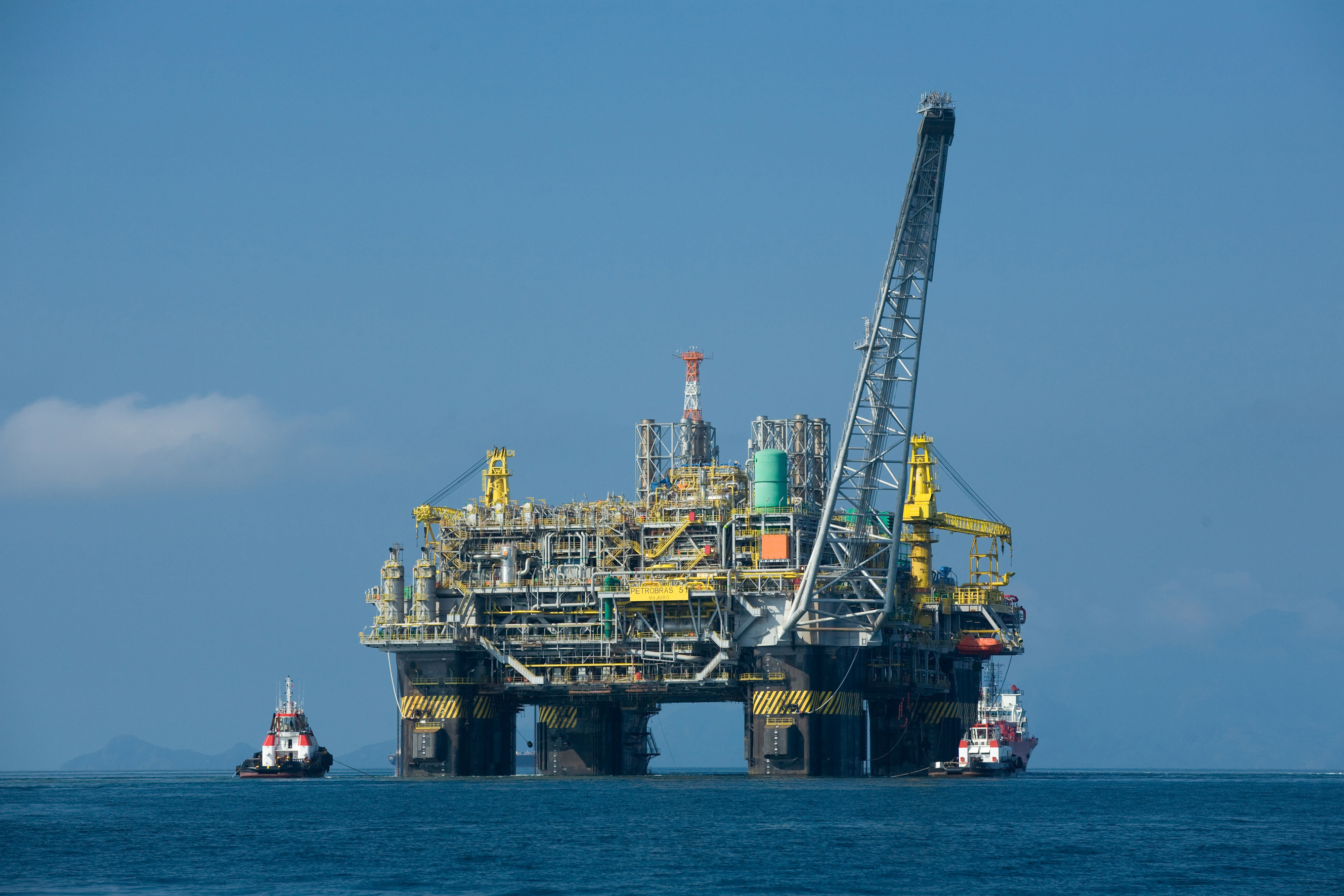
Israel’s Energy Choice
A few weeks ago Genie Energy, an American energy company, announced that it had found significant quantities of oil and gas in Israel’s disputed Golan Heights territory. Since then, many have speculated that these new-found reserves may be large enough to eventually make Israel self-sufficient in energy. While this is an exciting prospect, the wisdom of drilling in what is nearly universally regarded as an occupied territory is debatable. Israel has other options, and it should take them.
Israel seized the Golan Heights from Syria in the aftermath of the 6-day war in 1967, and effectively annexed the region in 1981. This annexation was subsequently rendered ‘null and void’ by UNSCR 497, and Syria has continued to demand its return. With that country’s civil war descending into still greater chaos, the odds of a serious effort by the Syrian’s at reclamation are lower than ever. Having said that, the Golan occupation will continue to be a scar on Arab-Israeli relations, and whatever government does emerge in Syria will continue to maintain claims to the region. The oil and gas project now underway will certainly complicate any future negotiations, and will likely be interpreted by Syrians and others in the Arab world as an attempt by Israel to solidify their hold on the territory.
None of this is in Israel’s interests, especially considering the existence of a far more attractive option. For years now, Noble Energy, also an American energy company, has been trying to develop the Tamar and Leviathan gas fields off Israel’s coast, but the project has been repeatedly delayed by regulatory concerns. The considerable reserves in these fields have the potential to both satisfy Israel’s domestic needs, and enable a lucrative export market. Israel’s subsequent integration into the regional energy market would likely serve to ease tensions and increase the likelihood of peaceful relations. Of course, this outcome is markedly different from that which is likely to result from drilling in Golan.
Unfortunately, the continued regulatory impasse, coupled with low crude prices and a recent gas find off the Egyptian coast, have led many to doubt the viability of the Tamar and Leviathan projects. At least with respect to the first problem, the Israeli government is largely to blame.
Israel can both ensure its energy security and foster better relations with its neighbors, but it cannot do so by drilling in Golan. Rather than unnecessarily antagonizing the Arab world and the international community, Mr. Netanyahu’s government would do better to concentrate on the enormous energy resources within Israel’s internationally recognized territory.





